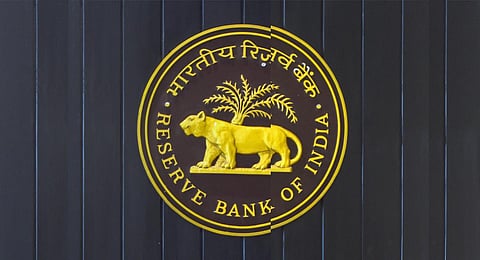

BENGALURU: The struggling startup community in India, currently facing a liquidity crunch, is pinning hopes on a revival after the Reserve Bank of India (RBI) announced that it will broaden the scope of Priority Sector Lending (PSL) to include them too.
The announcement came after the RBI Governor Shantikanta Das called for a "policy-reorientation" to help startups that were facing funding challenges due to the COVID pandemic. Das had acknowledged that it has become imperative to re-orient the policy focus to aid the startups that would be critical for employment generation and overall economic growth.
IT industry body Nasscom's President Debjani Ghosh while welcoming the decision said broadening the scope of Priority Sector Lending to include startups and the setting up of an Innovation Hub are both great steps towards promoting and facilitating an environment that accelerates innovation.
A recent Nasscom survey analysing the impact of the COVID pandemic on the startup ecosystem suggested that 70% of the startups will have cash reserves for only three months, whereas just 8% of the startups can continue operations until nine months and beyond.
According to the report, 90% of the startups faced a revenue decline and 40% were in the process of shutting down after businesses were hit by the COVID lockdowns.
Even as investors lined up for funding startups in online education, health tech and the e-commerce space, other sectors such as hospitality, travel/tourism, retail and real estate have suffered a major revenue drop in the first half of 2020.
According to Sandeep Singh, co-founder and President, Khabri, a regional digital audio platform, the announcement by the RBI is a bold move that can boost the startups community, conventionally reliant on VC/ PE and angel investments.
"Borrowing from banks was a challenge due to weak credit history for most of the bootstrapped startups and especially during crisis situations like the pandemic when cash flow is uncertain, the RBI coming to rescue indicates the willingness of the current dispensation to boost entrepreneurial ventures. Access to timely and adequate bank credit will for sure take a big burden off entrepreneurs' shoulders. We hope this welcome move doesn't get overshadowed by the bureaucratic hurdles as are the most Government initiatives," Singh told The New Indian Express.
Snapdeal Co-Founder and CEO Kunal Bahl said the move to include startups in PSL category will translate to inclusive, simplified norms and quick disbursals for startups and create more opportunities for the country.
ALSO READ | Opinion: An economy that is on tenterhooks
Thanks to the $20 billion in funds raised by Jio Platforms, the investment in the startups sphere in July 2020 reportedly jumped by 332%. However, the number of firms receiving investments fell YoY - from 120 to 82 in July 2020.
Atul Rai, co-founder and CEO Staqu, an AI-based startup, said that often promising startups experience the downsides of liquidity crunch, which also decreases their bargaining power at the negotiation table.
"The inclusion of startups to PSL will go a long way and improve the segment's operational efficiency," he added.